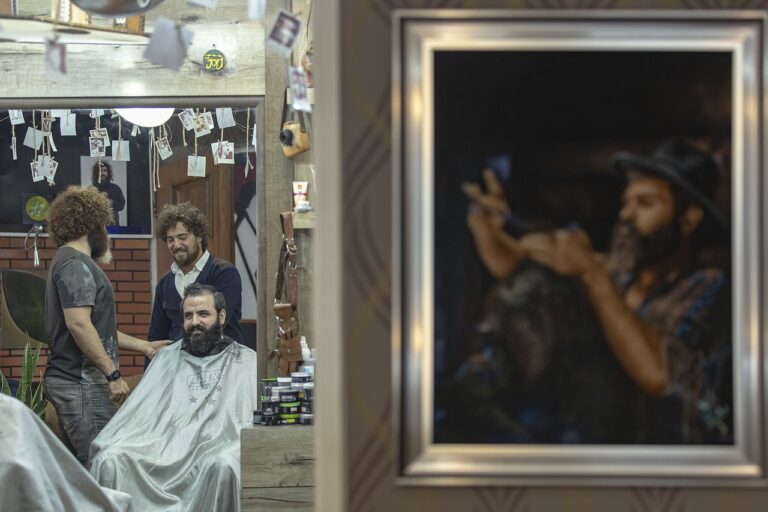Fashion and Cultural Transformation: Exploring Style Through Cultural Shifts: 11xplay sign up, King567 create account, Skyinplay agent login
11xplay sign up, king567 create account, skyinplay agent login: Fashion and Cultural Transformation: Exploring Style Through Cultural Shifts
Fashion has always been a reflection of the society we live in. It is a mirror that shows us the values, beliefs, and trends of a particular culture at a specific point in time. Through history, we have seen how fashion has evolved and transformed along with cultural shifts.
From the rise of streetwear in the 1980s to the minimalistic styles of the early 2000s, fashion has always been influenced by the world around us. Let’s take a closer look at how fashion and culture intertwine and shape each other.
The Roaring Twenties: The Flapper Movement
In the 1920s, the world was recovering from the devastation of World War I, and a sense of liberation and rebellion was in the air. This cultural shift was reflected in the fashion of the time, particularly in the rise of the flapper movement.
Flappers were young women who rejected traditional gender norms and embraced a more liberated lifestyle. They wore shorter skirts, bobbed their hair, and smoked in public – all of which was considered scandalous at the time. The fashion of the flapper movement was a direct reflection of the changing attitudes towards gender roles and societal expectations.
The Swinging Sixties: The Hippie Movement
The 1960s was a decade of social upheaval and cultural revolution, and the fashion of the time reflected this sense of freedom and rebellion. The hippie movement emerged as a rejection of mainstream society and a call for peace, love, and harmony.
Hippies wore loose-fitting clothing, bell-bottom pants, and tie-dye shirts, embracing a bohemian lifestyle that celebrated individuality and creativity. The fashion of the hippie movement was a direct reflection of the counterculture that was sweeping the world at the time.
Modern Day: The Rise of Sustainable Fashion
In recent years, there has been a growing awareness of the environmental impact of the fashion industry. As a result, there has been a cultural shift towards more sustainable and ethical fashion practices.
Consumers are now more conscious of where their clothes come from and how they are produced. This has led to the rise of sustainable fashion brands that prioritize eco-friendly materials and ethical labor practices. The fashion industry is evolving to meet the demands of a more socially conscious consumer base, reflecting the cultural shift towards sustainability and ethical consumption.
FAQs
Q: How does fashion influence cultural transformation?
A: Fashion is a powerful tool for cultural expression and can shape attitudes and perceptions. By reflecting and responding to cultural shifts, fashion plays a role in shaping the way we see the world and ourselves.
Q: How can individuals use fashion to promote positive cultural change?
A: Individuals can support sustainable and ethical fashion brands, educate themselves on the impact of the fashion industry, and use their purchasing power to support causes they believe in. By being mindful consumers, we can use fashion as a tool for positive cultural transformation.







